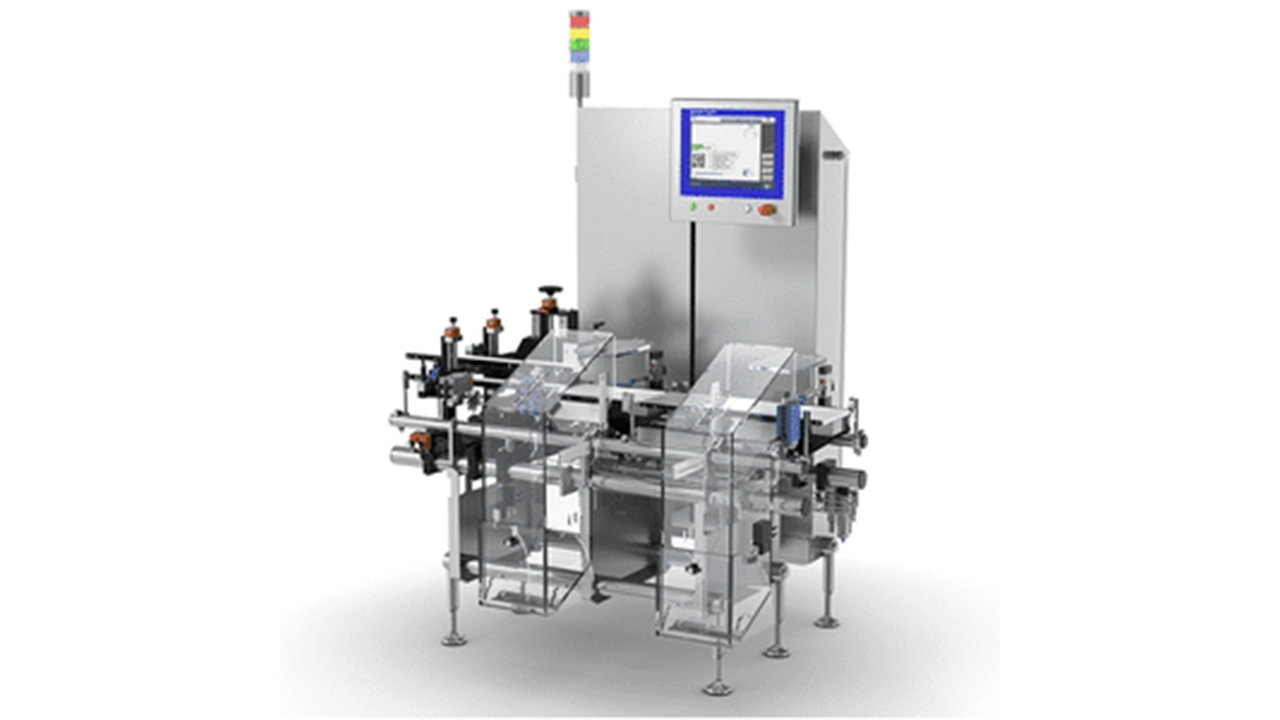Evrythng connects GS1 identifiers with IoT
Evrythng has claimed a first-of-its-kind integration of its Active Digital Identity (ADI) technology with GS1 standards.

The company said such integration enables consumer goods brands to use the billions of existing GS1 identifiers deployed on consumer goods to web-enable their products and drive new digital applications across the product lifecycle. Evrythng is a GS1 US partner.
In the world’s first-ever implementation of GS1 semantics in an Internet of Things (IoT) framework, Evrythng’s ADI's will provide operational support for all GS1 identifiers and GS1 data sharing standards. This development enables all brands already working with GS1 identifiers to apply IoT technology to drive new digital product lifecycle management capabilities. GS1 standards are used globally to identify products, and are said to be critical to enabling products to work with different systems and applications.
Evrythng is an IoT platform for consumer products, providing digital identities to billions of consumer products via unique and intelligent software identities in the cloud. Through partnerships with global packaging providers – including Avery Dennison RBIS in the apparel and footwear industry, and Crown and WestRock in the consumer packaged goods industry – Evrythng is able to adhere digital identities to products as they’re manufactured.
Consumer goods brands can deploy digital applications across the product lifecycle, such as supply chain traceability, quality control and inventory management, direct-to-consumer experiences for product information, e-commerce and CRM, and sustainability. End-to-end digital lifecycle management for products makes supply chains smarter and cultivates more valuable customer and consumer connections.
Niall Murphy, co-founder and CEO of Evrythng, commented: ‘GS1 identifiers are the standard in global commerce, and identify billions of products in the supply chain around the world. It’s both exciting and important to the digital transformation of the consumer product industry to leverage GS1 Standards with Evrythng’s innovative IoT technology, thereby providing a shortcut for brands to switch-on their products as digital assets and manage digital product lifecycle at industrial scale.’
‘As a GS1 US solution partner, Evrythng will help our members maximize their existing implementation of GS1 standards and adapt their digital strategies to a more technology-driven, IoT world,’ added Siobhan O’Bara, senior vice president of industry engagement and services at GS1 US.
Commenting on the industry implications, Dwight Meyer, former president, global sourcing, logistics and distribution for Warnaco, said: ‘It’s clear the market has changed, and brands with the ability to know their customers, form a relationship, and react to demand are winning. Real-time information and transparency throughout the product lifecycle, combined with a speed-to-market capability, are critical to driving profitable growth. Evrythng’s digital enablement of GS1 standards creates an environment where the needed changes to operating models can begin.’
Evrythng and Avery Dennison RBIS are applying this technology standardization to the Avery Dennison Janela technology, powered by the Evrythng smart products platform, which assigns unique identities to apparel and footwear products. The new, joined up capability for an RFID tag with a standard electronic product code (EPC) to communicate with the ADI in the cloud enables a wide range of consumer in-store applications. This allows for self-checkout and better product availability, and enables omnichannel experiences across the consumer shopping journey to drive store traffic and unlock consumer analytics.
Bill Toney, vice president of RFID market development at Avery Dennison, said: ‘Janela is one of the first solutions to enable apparel brands and retailers to leverage the power of connected products to drive a seamless in-store shopping experience and reveal consumer analytics, which was once only possible online. This GS1 standardization introduces the extension of the RFID EPC standard with 2D barcodes to unlock in-store consumer experiences, with the goal of enhancing store traffic, in addition to capturing in-store shopping journey data received from the same online customer. This is exciting for both the industry and the advancement of omnichannel strategies.’
Stay up to date
Subscribe to the free Label News newsletter and receive the latest content every week. We'll never share your email address.

